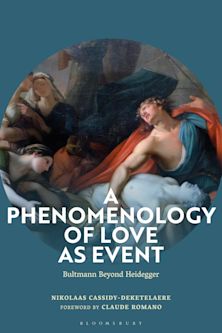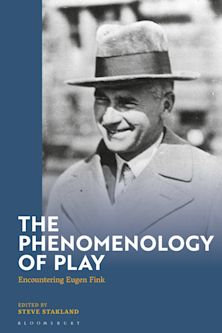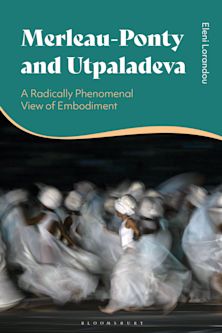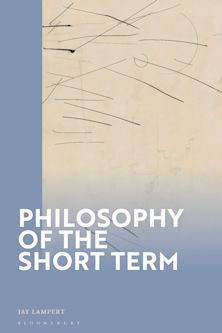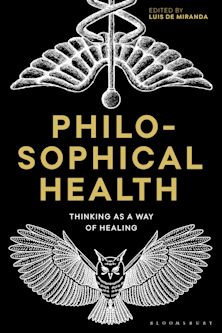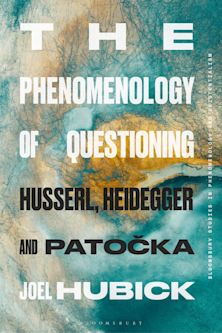Modernity and Technology
A Philosophical Investigation of Martin Heidegger and Bruno Latour
Modernity and Technology
A Philosophical Investigation of Martin Heidegger and Bruno Latour
This product is usually dispatched within 1 week
- Delivery and returns info
-
Free CA delivery on orders $40 or over
Description
The late Bruno Latour has come a long way since he claimed that we have never been modern and analyzed the hole in the ozone layer from an armchair. From his initial analysis of modernity, Latour evolved to confront the detrimental impact of modern civilization on the Earth. This book contends that Latour's early and later works can be connected to the philosophy of Martin Heidegger, so as to render a profound understanding of the intricate relationship between modernity and technology in our era. Reconsidered in tandem, these thinkers can become essential guides to help us circumvent some of the fundamental human and environmental tragedies of our time.
While both Latour and Heidegger illuminate the perils of our epoch, they also offer a beacon of hope. Through their alternative examination of human existence, technology, and the world around us, they inspire us to envision paths toward overcoming the challenges of modernity. In their interconnected philosophies lies the potential for rediscovering hope despite the pressing dangers of our age. This book calls for theoretical fieldwork and a parallel reassessment of these intellectual giants and urges us to draw upon their insights in order to confront and transcend the dilemmas of our modern world.
Table of Contents
Chapter 1: Monsters of Modernity
Chapter 2: Modernity in Action
Chapter 3: Death and the End of Networks
Chapter 4: Another Beginning
Chapter 5: Meeting Halfway
Chapter 6: The End of the World as We Know It
Product details
| Published | Dec 13 2024 |
|---|---|
| Format | Hardback |
| Edition | 1st |
| Extent | 156 |
| ISBN | 9781666929577 |
| Imprint | Lexington Books |
| Dimensions | 229 x 152 mm |
| Series | Postphenomenology and the Philosophy of Technology |
| Publisher | Bloomsbury Publishing |
Reviews

ONLINE RESOURCES
Bloomsbury Collections
This book is available on Bloomsbury Collections where your library has access.















